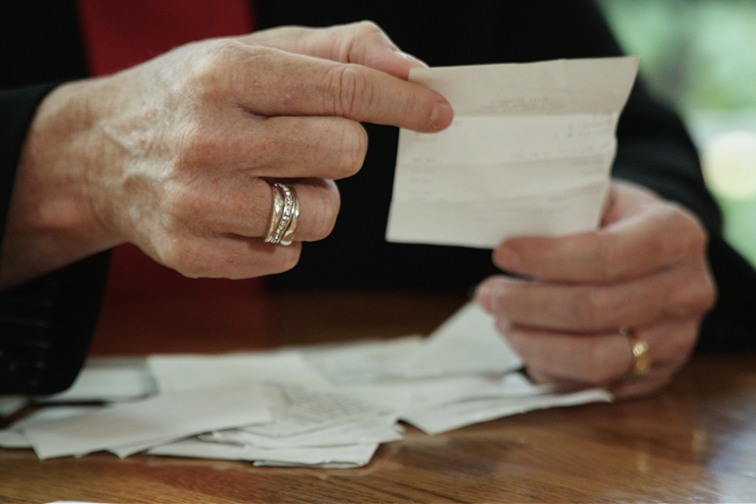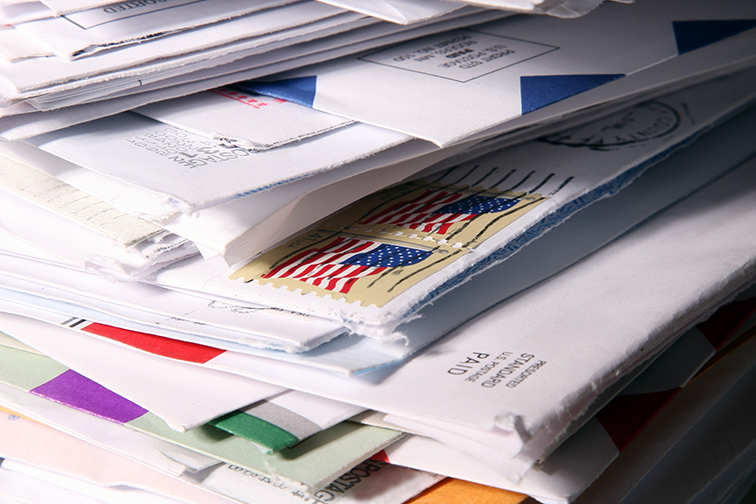Mail Fraud
Any fraud that uses the U.S. Mail™—whether it originates in the mail, by phone, or online—is mail fraud. Read on for more information about crimes you should watch out for below, and visit the Additional Resources page to view Fraud Prevention Resources. EN ESPANOL
Protect Yourself
Follow and share these tips to protect yourself and others against mail fraud.
-
Don't share financial information
Don’t give your financial information—Social Security number, credit card, or bank account numbers—to anyone you don’t know and don’t trust.
-
Don't be pressured
Get all information in writing before you agree to enter a contest, make a purchase, or give a donation. Don’t be pressured into making an immediate decision.
-
Do your due diligence
Check out the company online or with a consumer advocacy group such as the Better Business Bureau® , State Attorney General’s Office, or FTC.
-
Consult with a friend
Discuss any promotion, offer or fundraising appeal with a trusted friend, or relative before making a commitment or sending payment.
-
Block telemarketing calls
Reduce unwanted telemarketing calls. Take advantage of call blocking services, some of which are free, or purchase a call-blocking device.
-
Read the fine print
Read everything given or mailed to you—including the “fine print” before taking action.
470 mail fraud convictions in fiscal year 2022.
Report a crime
Are you a victim or have you witnessed a mail-related crime? Alert Postal Inspectors to the problem and prevent others from being victimized.
Report Now






